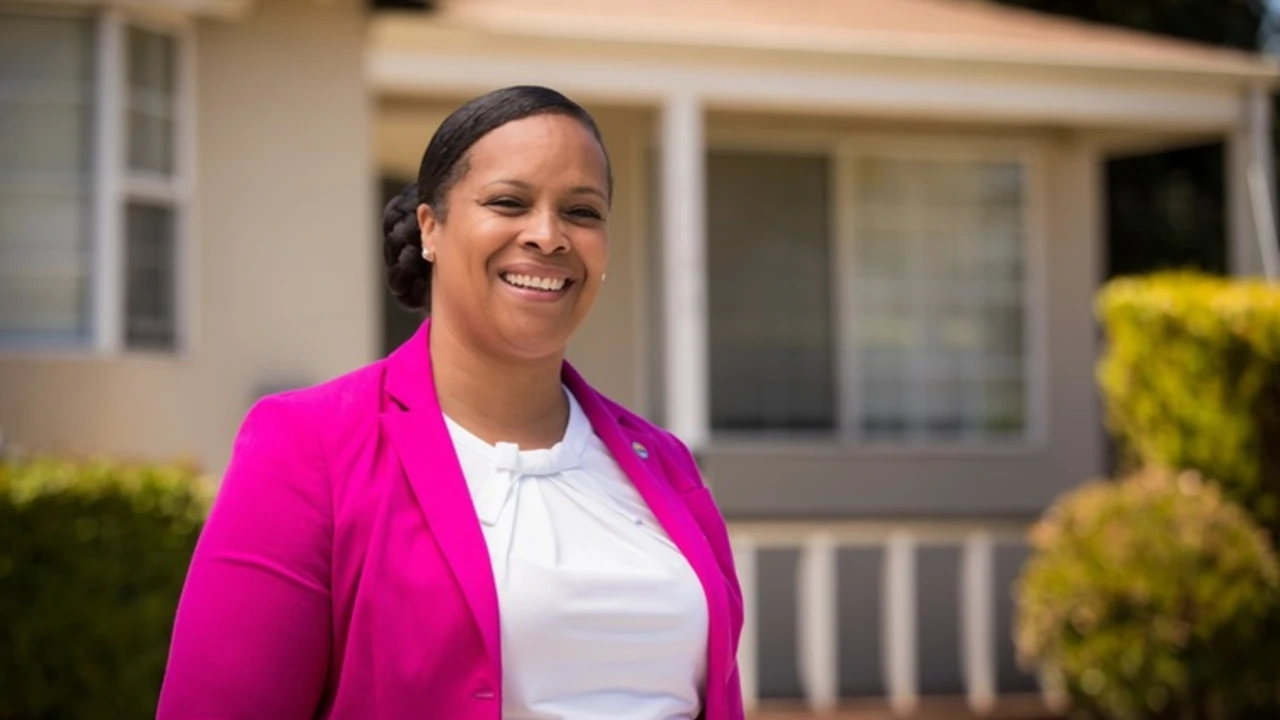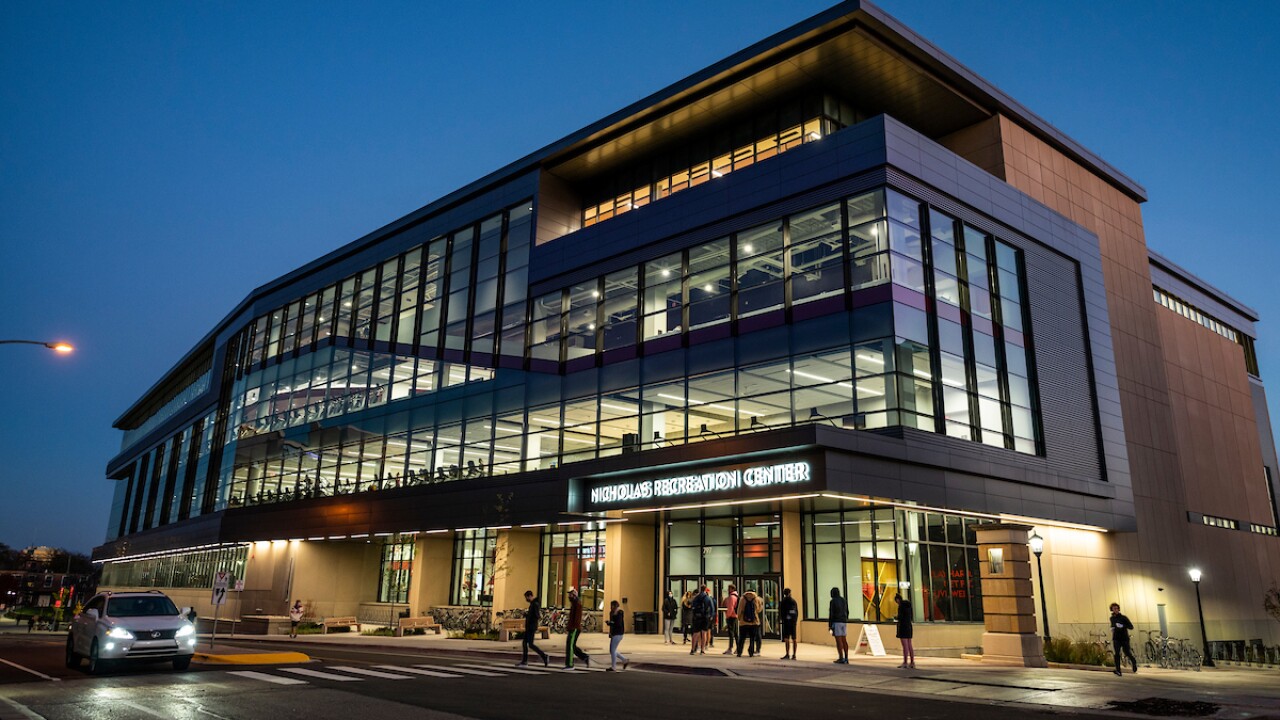Holders of municipal bonds issued to redevelop the home of Elvis Presley remain all shook up by continued payment defaults and debt-service reserve draws.
Tourist-tax bonds issued in 2017 for a development project at Graceland, the attraction created out of the rock n' roll legend's home and final resting place, remain under pressure from lagging revenues with attendance remaining below pre-pandemic levels.
Interest payments were missed on three series of the bonds while the two other series dipped into their reserve funds in January to make their scheduled payouts.

The bonds were sold through the Economic Development Growth Engine Industrial Development Board of the City of Memphis and County of Shelby, Tennessee to fund a development project at Graceland, one of Memphis' most popular tourist attractions.
The issuer and trustee cited declining revenue from
Elvis Presley Enterprises manages the operations of Graceland and related properties, which include Elvis Presley's Memphis, the entertainment and exhibition complex, the exhibition center, the Guest House hotel and the Graceland Archives. EPE also produces and licenses Elvis-themed live events, tours and attractions globally. Graceland Holdings LLC is majority owner of EPE.
The Graceland campus was to be the centerpiece of a $137 million redevelopment project that also aimed to revitalize the Whitehaven neighborhood of Memphis. Graceland is a National Historic Landmark.
In 2014, EPE began the revitalization, which included plans to build a 200-seat theatre, the 450-room Guest House and a retail, exhibition and museum facility. The total cost was estimated at $137 million.
To complete the project, EPE worked with the Economic Development Growth Engine Industrial Development Board (EDGE), Memphis, Shelby County and the state of Tennessee to create a tax increment financing district, a new Tourism Development Zone and to implement a Tourism Development Zone surcharge.
In 2016, EDGE approved $124 million in financing supported by the TDZ surcharge and other revenue. In 2017, EDGE approved a combined bond offering totaling that totaled $104.3 million.
The Graceland project bond issue was made up of $40.49 million of Series 2017A tax-exempt senior tax increment revenue bonds, $24.43 million of Series 2017B taxable senior tax increment revenue bonds, $24.375 million of Series 2017C taxable subordinate tax increment revenue bonds and $5.005 million Series 2017D taxable bonds, all issued through EDGE.
Proceeds were used to finance the repayment of notes issued in 2015 and to fund additional development costs and the Series 2017 debt service reserve funds.
Neither EDGE nor the city or county, has any responsibility for the debt service or other payments associated with the bonds.
On Jan. 11, U.S. Bank N.A., as trustee, said in a
“In order to make the Jan. 1, 2022, interest payment on the Series 2017A Bonds, the Trustee transferred $41.35 from the Pledged Payment Fund, $553,686.13 from the TIF Incentive Payment Sub-Account and $12.91 from the TDZ Payment Sub-Account (Surplus Fund) to the Series A Debt Service Fund pursuant to Section 1302(c) of the Fourth Supplemental Indenture. The Trustee further transferred $514,965.35 from the Series A Debt Service Reserve Fund to the Series A Debt Service Fund pursuant to Section 1206(a) of the Fourth Supplemental Indenture.”
The trustee also made the Jan. 1 interest payment of $607,733.75 on Series 2017B bonds.
“In order to make the Jan. 1, 2022, interest payment on the Series 2017B Bonds, the Trustee transferred $607,733.43 from the Tourism Surcharge Incentive Payment Sub-Account to the Series B Debt Service Fund, pursuant to Section 1302(e) of the Fourth Supplemental Indenture. The Trustee also transferred $372,767.31 from the balance of $983,947.96 remaining in the Tourism Surcharge Incentive Payment Sub-Account to the Series B Debt Service Reserve Fund, pursuant to Section 1302(f) of the Fourth Supplemental Indenture.”
However, the trustee said the Series C bonds were in default while the Series D and E bonds had not made their interest payments for a second time.

On July 29, 2021, the trustee advised Series 2017C bondholders that due to insufficient funds in the debt service fund and debt service reserve fund, the interest payment due July 1, 2021, was unable to be made; and that the failure to make such debt service payment was an event of default under the indenture. The trustee said that event of default is continuing, after insufficient money in both funds caused the Jan. 1 interest payment to be missed.
“The failure to make such debt service payment is an additional event of default under the indenture with respect to the Series 2017C Bonds,” the trustee said.
Separately, the trustee said in July 2021 it had advised the Series 2017D and Series 2017E bondholders that, due to insufficient funds in the debt service fund and debt service reserve fund, the master trustee was unable to make the principal or interest payments that came due on July 1, 2021, but that the failure to make such debt service payments was not an event of default under the indenture.
The master trustee was also unable to make the interest payment that came due on the Series 2017D and Series 2017E bonds on Jan. 1 due to insufficient monies in the funds. The trustee said, however, the Series 2017D and Series 2017E missed payments on Jan. 1 were not events of default under the indenture.
Graceland is an internationally recognized, National Historic Landmark, one of America's premier tourist destinations, a major employer in the Whitehaven community, and a key to the economic prosperity of Memphis.
On June 7, Graceland will celebrate the 40th anniversary of its opening to the public in 1982.





